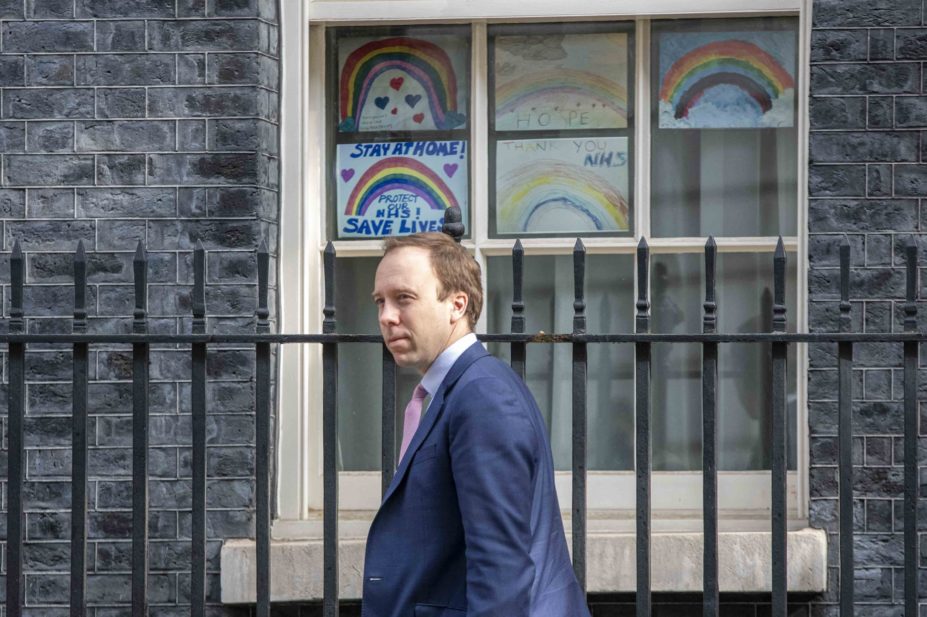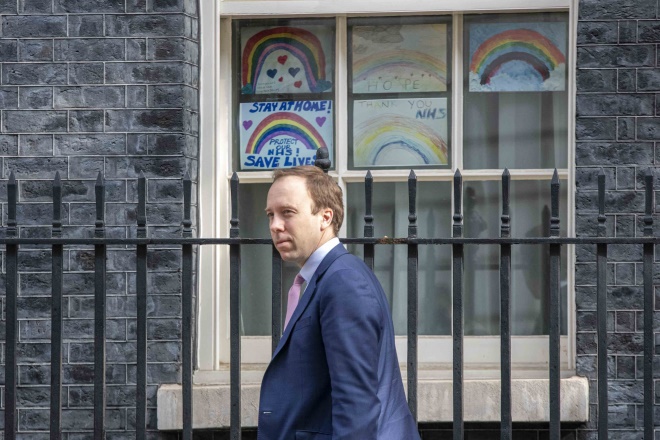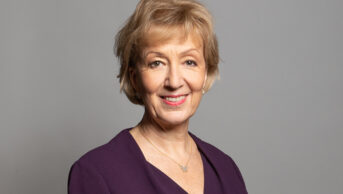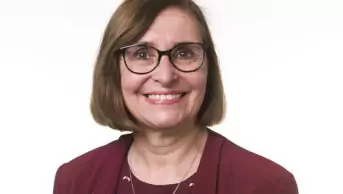
Dezonne Erica/ABACA/ABACA/PA Images
Open access article
The Royal Pharmaceutical Society has made this article free to access in order to help healthcare professionals stay informed about an issue of national importance.
To learn more about coronavirus, please visit: https://www.rpharms.com/resources/pharmacy-guides/wuhan-novel-coronavirus

Source: Dezonne Erica/ABACA/ABACA/PA Images
Matt Hancock, the secretary of state for health and social care, has confirmed that pharmacists will now be included in the goverment’s life assurance scheme
Community pharmacists are to be included in the government life assurance scheme for staff working on the frontline of the COVID-19 pandemic, the health secretary, Matt Hancock has announced.
The announcement comes a day after the Royal Pharmaceutical Society (RPS) wrote to the prime minister, Boris Johnson, telling him that it was “kick in the teeth” for the profession not to be automatically included in the scheme, which will offer families of frontline staff who die from COVID-19 a £60,000 payment.
The Department for Health and Social Care initially said that the scheme was designed to cover everyone who provided direct ‘hands on’ personal care for people who have contracted COVID-19, or work in environments “where the virus is known to be present”. It went on to say that this would not usually apply to community pharmacists.
However, after an overwhelmingly negative reaction from the profession, Hancock said that he was “glad to be able to confirm” that community pharmacists were included in the assurance scheme.
He said on Twitter on 30 April 2020: “Because they are employed in a different way, it is arranged in a different way, but pharmacists are a vital part of our NHS family. They are, of course, covered.”
Responding to Hancock’s announcement, Sandra Gidley, president of the RPS, thanked the government for listening to concerns raised by the Society and the profession.
She added: “We very much hope this offer extends to pharmacy teams, as well as all pharmacists who support the public on the frontline. We will be seeking clarification about this with government officials, along with other detail about how the scheme will work in practice.
“As the professional body, the RPS wants to be involved in any further conversation taking place on this. We will be it raising with the pharmacy minister, Jo Churchill, at our regular weekly meeting with her”.
Gidley added that the Society looked forward to receiving similar assurances from the Scottish government, having already received them from the government in Wales.
Simon Dukes, chief executive of the Pharmaceutical Services Negotiating Committee (PSNC), said that the PSNC was “pleased that the secretary of state has clarified that community pharmacists will be included in the death-in-service scheme and recognises them as a key part of the wider NHS family.
“However, we will, of course, be seeking further details including confirmation on the inclusion of other members of the pharmacy team in this scheme,” he added.
Paul Day, director of the Pharmacists’ Defence’ Association, welcomed the news, adding that before Hancock’s latest announcement, several “pharmacists from hospital and primary care contacted us asking what they could do to help make sure community pharmacists were included. It is nice to see the profession coming together. By standing together, we can achieve a lot.”
Mark Lyonette, chief executive of the National Pharmacy Association (NPA), said the NPA was “pleased to get Matt Hancock’s confirmation that community pharmacy is included, following the enquiries we and others made.
“Pharmacists and other pharmacy staff put themselves at risk by serving on the frontline, so it’s only right and fair that this is recognised.”
The Pharmaceutical Journal
reported on 28 April 2020 that three pharmacists and one pharmacy technician had died from COVID-19.


